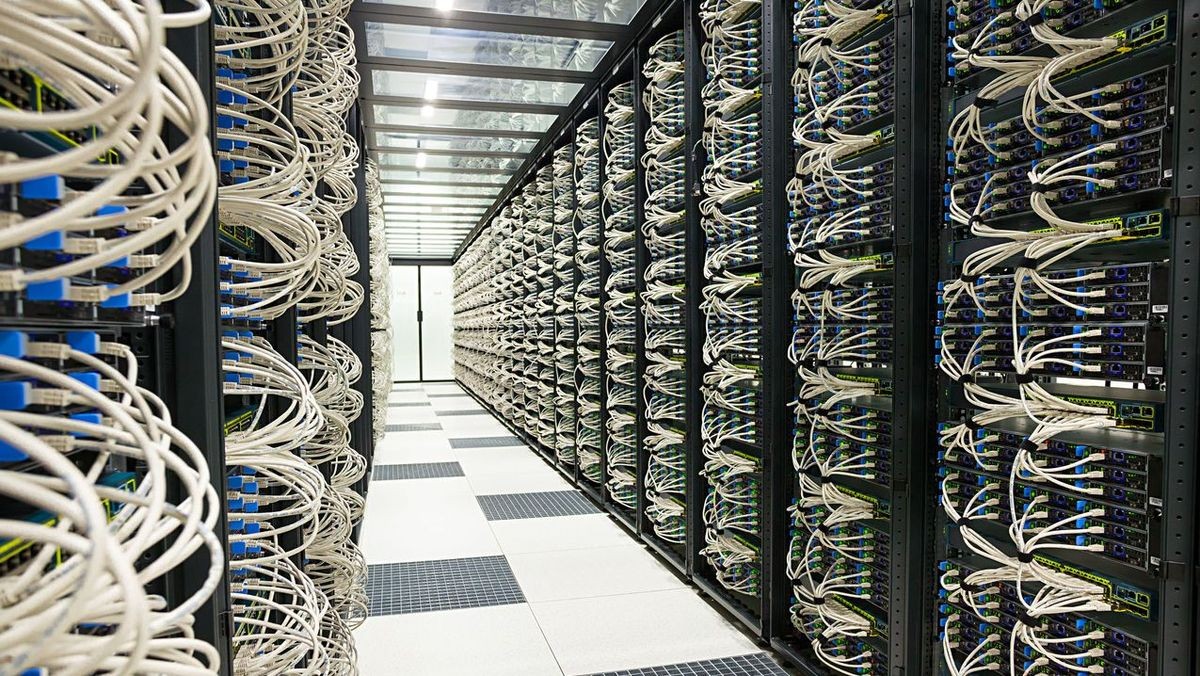
In a startling revelation, new research suggests that the rapid rise of generative AI is dramatically increasing carbon dioxide emissions from data centers. A report by Morgan Stanley paints a concerning picture of the environmental impact of this cutting-edge technology.
According to the study, the data center industry is projected to emit a staggering 2.5 billion tons of greenhouse gases by 2030. This figure is triple the previous estimates made before the advent of generative AI. The surge in demand for AI-powered services is driving the construction of more data centers, leading to a sharp increase in emissions.
The report predicts that emissions from data centers will skyrocket from 200 million tons this year to 600 million tons by 2030. This dramatic increase is primarily attributed to the growing appetite for cloud services fueled by generative AI applications.
Breaking down the emissions sources, the study reveals that 60% will come from the day-to-day operations of data centers, which require enormous amounts of power. The remaining 40% is expected to result from the carbon emitted during the manufacturing of construction materials and infrastructure for these facilities.
This trend is already visible, with tech giant Google reporting a 48% increase in emissions over the past five years. The tech industry as a whole now accounts for a whopping 40% of annual emissions in the United States, raising serious questions about the feasibility of achieving net-zero emissions targets.
Data centers face a challenging dilemma in their efforts to reduce environmental impact. While water-cooling systems can help lower energy consumption, they require vast amounts of water – a resource becoming increasingly scarce in many regions. This puts additional strain on areas already grappling with water scarcity issues.
The future environmental impact of AI remains uncertain, and current carbon removal technologies are not yet fully developed to address this growing concern. Morgan Stanley's research suggests that a $15 billion investment is needed to bring carbon capture, utilization, and sequestration (CCUS) technologies up to the required standard.
As the tech industry grapples with these environmental challenges, the report also points to reforestation projects as a potential tool for achieving net-zero targets in the future. However, it's clear that urgent action and innovation are needed to address the escalating carbon footprint of generative AI and data centers.